Search
Remove Ads
Advertisement
Summary 
Loading AI-generated summary based on World History Encyclopedia articles ...
Search Results
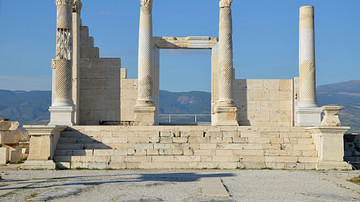
Definition
Phrygia
Phrygia was the name of an ancient Anatolian kingdom (12th-7th century BCE) and, following its demise, the term was then applied to the general geographical area it once covered in the western plateau of Asia Minor. With its capital at Gordium...
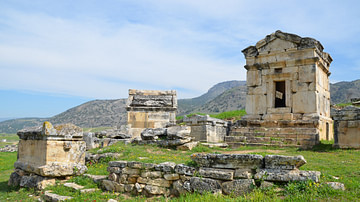
Image
Northern Necropolis of Hierapolis, Phrygia
The northern necropolis of Hierapolis in Phrygia (modern-day Pamukkale, Turkey) with many different types of tombs. This extensive necropolis of about 1,200 tombs extends for over two kilometres (1.2 miles) from the northern to the eastern...
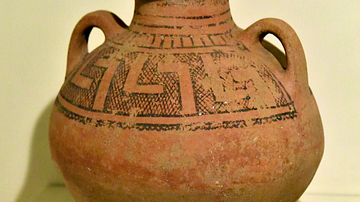
Image
Jar from Phrygia
Double-handed terracotta jar from Phrygia, in modern-day Turkey. 7th-6th century BCE. (Museum of Archaeology, Istanbul, Turkey).
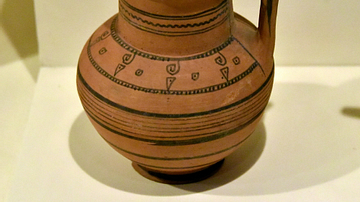
Image
Jug from Phrygia
Terracotta jar from Phrygia, in modern-day Turkey. 7th-6th century BCE. (Museum of Archaeology, Istanbul, Turkey).
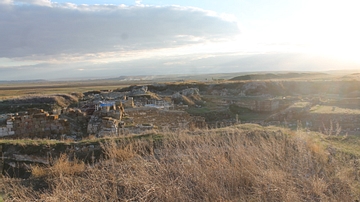
Image
Gordium, capital city of ancient Phrygia
In the ninth century BCE, Gordium became the capital of the Phrygians, a Thracian tribe that had invaded and settled in Asia.
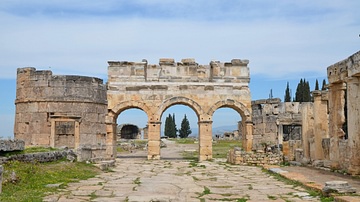
Image
Frontinus Gate in Hierapolis, Phrygia
The Frontinus Gate was the monumental entrance to the Roman city of Hierapolis (western Turkey). It is flanked by two round towers and dates to 84 or 86 CE on the basis of a dedication to Domitian on the gate's façade.
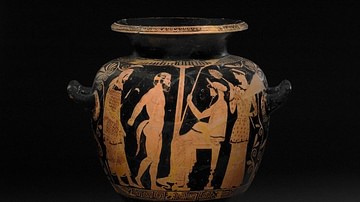
Definition
Midas - The Mythical King with the Golden Touch
Midas was a mythical king of Phrygia in Asia Minor who was famous for his extraordinary ability to change anything he touched into gold. This gift was given to him by Dionysos in thanks for his hospitality to the wise satyr Silenus. Midas...
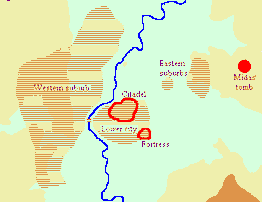
Definition
Gordium
Gordium was the capital of ancient Phrygia, modern Yassihüyük. It is situated on the place where the ancient Royal road between Lydia and Assyria/Babylonia crosses the river Sangarius, which flows from central Anatolia to the Black Sea. Remains...
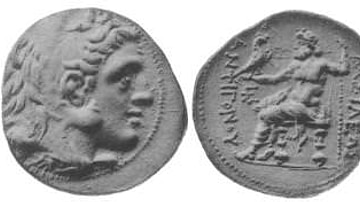
Definition
Antigonus I
Antigonus I Monophthalmus ("the One-Eyed") (382 -301 BCE) was one of the successor kings to Alexander the Great, controlling Macedonia and Greece. When Alexander the Great died in 323 BCE, a conflict known as the Wars of the Diadochi ensued...
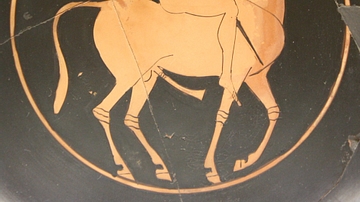
Definition
Satyr
Satyrs (aka silens) are figures from Greek mythology who were followers of the god of wine Dionysos. Satyrs were often guilty of excessive sexual desires and overindulgence of wine. Men with a horse's tail and ears or men with goat legs...